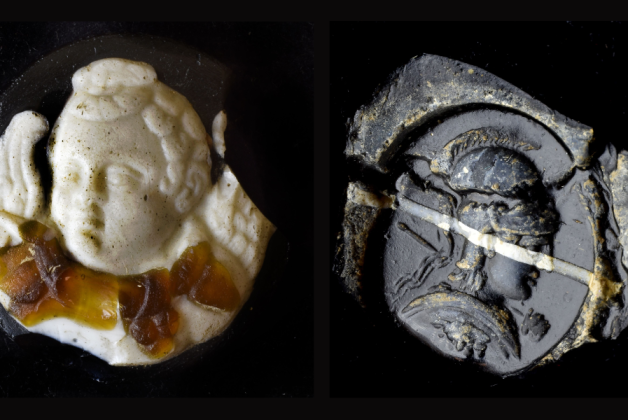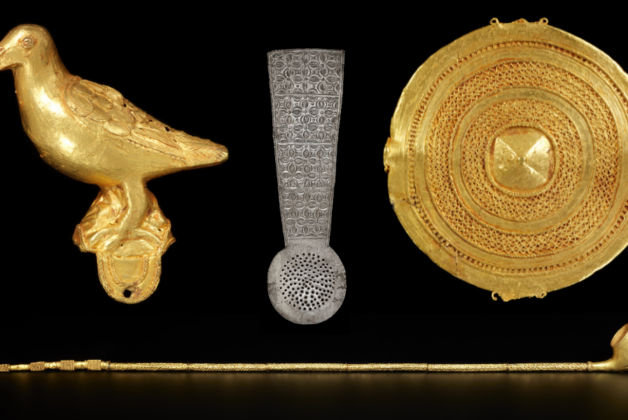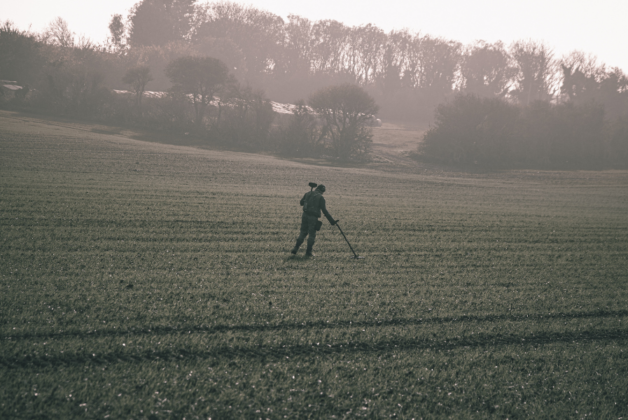Article: David Styles | Image: Minecraft is one of the educational tools employed at the Samsung Digital Discovery Centre © Microsoft/Mojang
The British Museum will continue to roll out its education sessions specifically devised for visitors with sensory access requirements such as Autism and Anxiety.
In collaboration with Samsung the Museum also aims to deliver 35,000 educational opportunities to UK school children by 2024.
The advent of 2020 will see the British Museum further its work to deliver educational sessions tailored for visitors with sensory access requirements. Programming for the new year includes events which utilise the hugely popular video game Minecraft as a way to explore the nation’s Roman heritage.
This Build Roman Britain in Minecraft: sensory friendly opening session is a relaxed early opening for families with sensory access requirements, including those with Autism and Anxiety. These activities will cater specifically for visitors who will benefit from engaging with exhibits in a quieter setting.
The agenda will include using Minecraft to make unique structures inspired by key historic events, such as Claudius’ invasion to the building of the world-renowned Hadrian’s Wall.
In order to ensure the space remains peaceful and isn’t overcrowded the Museum says it will have to reduce the number of places available. Participants will be welcomed to undertake activities at entirely their own pace and a designated breakout area for those who require a rest will also be in place.
Museum education for everyone, everywhere
Following extensive renovation and upgrade work, the British Museum reopened its Samsung Digital Discovery Centre in September and simultaneously unveiled a pledge to deliver 35,000 experiences for UK school children over the following five years.
Hartwig Fischer, director of the British Museum, noted that through this strand of the organisation’s work pupils can now “experience some of the Museum’s incredible treasures from their own classroom, potentially sparking a lifelong curiosity in the history of the world.”
Advances in digital technology, he added, have further enhanced the learning opportunities which the British Museum can offer students – both on site and in the classroom. Remote sessions, which harness Samsung technologies to provide access to the Museum’s collection and expert staff, will be conducted under the Virtual Visits umbrella.
The work undertaken by the two organisations has been designed to complement the curriculums of all school age groups and extends to sessions created for teenagers. Virtual Visits offers programming which covers prehistory Britain and the nation under Roman rule. The ancient civilisations of Egypt and Greece are also now being woven into the offering.
“Our collaboration with the British Museum for the past ten years has allowed us to constantly trial new technologies that engage children and young people in innovative ways to not only help them learn about lessons in history, but enable them to better understand the present and prepare for the future,” says Francis Chun, president & CEO of Samsung Electronics UK & Ireland.
Over the past decade the Samsung Digital Discovery Centre has provided the largest programme of digital learning activities in any UK museum.
“By extending this long-standing partnership for a further five years to 2024, we stand beside the British Museum as we together navigate the ways in which emerging technologies can further enhance the way we learn,” Chun added.




